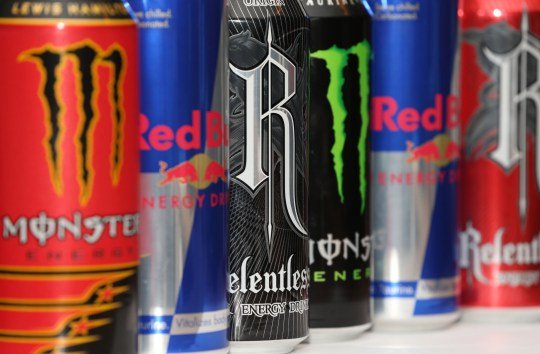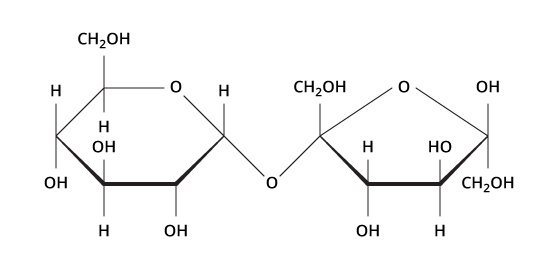
Improvement is an everyone's desire may be it in life, career and sports. But for the sake of sports, lets try experimenting and learn few ways to improve and boost performance in sports.
Boosting one's performance starts at training, a thing that athletes and sports enthusiast are considering for themselves in order to be prepared for everything that could happen in the field. Exercises and training requires fluid intake and there are fluid that does not work well with the other. You have to identify what suits you in order to achieve a good results for your training.
The following recommendations may appear foreign to us, especially when talking about replenishing calorie, fluid and electrolyte during training. They say that a person must consume these at near depletion rates.
Survival safeguards are present in the human body which enough to regulate being alive a minute more. Replacing the fluids lose on a fast pace, might ended a person to bloat, diarrhea and vomit. It's fortunate if a person doesn't require medical attention. Replacing the fluids lost in the training and exercises all at once, a person might probably experience dilutional hyponatremia and might end up at the hospital.
These are undesirable maladies that an athlete should not be suffering. The following suggestions might help any athlete achieve a much more enjoyable experience in the sports journey. Science have proven these suggestions for several years. Testing them or including them in the training, athletes are not losing anything but gaining.
1. Keep yourself hydrated for the whole period of the training.
It is very important that an athlete must be very familiar with these because there are misinformation with regards to hydration. Keeping yourself hydrated doesn't mean you have to drink all you want but need to follow prescription. During exercise or training, an athlete must maintain a fluid intake of 550-800ml per hour. This vary on weather condition since on cold climate condition, we never sweat that much which could lower this fluid intake to half. During hot condition, the maximum is alright, and there are times in can reach 900ml per hour. Just don't forget never to replace all that is lost all at once.
2. Calorie intake of 300cal per hour during exercise.
Human body could not process calorie intake when almost reaching it's limits. Replacing them at a rate of 700-900 as what the experts say, will result to nausea, bloating, diarrhea and vomiting. To achieve a better performance, replace calories at 240-300 cal per hour rate. 180-200 cal per hour for lighter athlete and 300 cal per hour for larger athletes.

3. Use complex carbohydrates instead of simple sugars.
Glucose, fructose, sucrose and dextrose has no place in an athletes body. They are not efficient fluids for exercise and is treated garbage, and impose health hazard when take regularly. We are deceived by commercials when they said that it's good for our body. They only said that because these simple sugars are cheap and can give them huge profit margin.
Simple sugars reading by its name are referred to as monosaccharides and is made up of only one sugar molecule, that's what makes it simple. On the other side, complex carbohydrates comes from multiple sugar molecules found in foods such as whole grains, beans, peas and vegetables. The advantage of complex carbohydrate compated to simple sugar is that it may help reduce the risk of acquiring chronic diseases.
4. Protein is required for more than 2 hours of training and exercise.
Carbohydrates is not enough to replenishing energy lost after doing exercise and training for more than 2 hours. We are given choices on how to do it, we can take both complex carbohydrates or soy, or we can just allow the body to feed on its own tissue, (this is where losing weight comes in).

5. Prefer soy than whey
Protein is superb when it's use at the proper time, after training or exercise. Taking protein before and in the middle of training and exercise will only degrades it to produce ammonia. It is the culprit of muscle fatigue. If you really feel like eating due to exhaustion, small amount of soy or rice is good but still produces ammonia but at a minimal rate.
Hope these simple ideas could help athletes or even those who are engage in self training attaining their goals in of boosting performance in sports.
Hi! You have received a vote at 17.01% from @tlnt account for use the #talentclub tag.
Talented authors receive extra rewards with the TLNT token, check yours in:
https://www.thetalentboulevard.com/@yohann